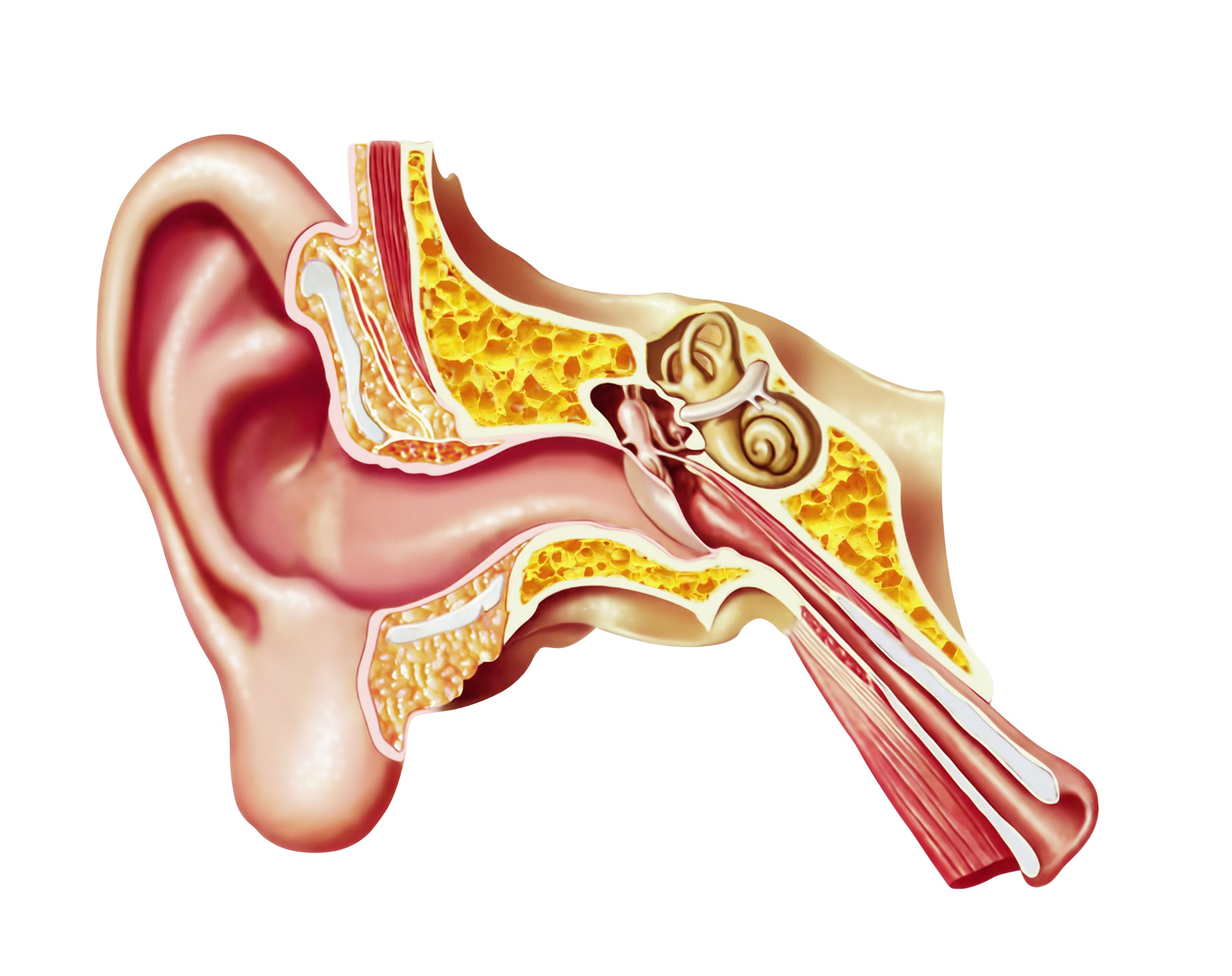
Vestibular Rehabilitation
The vestibular system is something most people have never heard of, we all rely on it heavily, and about a third of us will have problems with it at some point.
This system consists of the organ in the inner ear which detects head position and movement, as well as the parts of the brain that process that information. Our ability to perceive head movement, stay upright, and see clearly when in motion is all thanks to the vestibular system, so you can imagine the trouble caused when it’s not working properly.
Vestibular Rehabilitation
Vestibular rehabilitation can help you address issues with your vestibular system. It is a research-based approach using individualized techniques resolve or compensate for problems in the vestibular system. If appropriate, maneuvers are done to correct mechanical dysfunctions in the vestibular part of the inner ear, we may personalize a vestibular exercise program for you if necessary. Vestibular rehab requires post-graduate training, and is mainly performed by physiotherapists, however, occupational therapists or audiologists can provide it as well.
Vestibular Disorders
Vestibular disorders can come from pathologies in any area of the complex vestibular system. Symptoms can include dizziness, vertigo, unsteadiness or falls, blurry vision while moving, motion sensitivity, and nausea or vomiting. It can also create other complications, like poor concentration, decreased activity, movement restriction, reclusiveness, anxiety, and depression.
Visually Induced Dizziness
Literature shows after a brain injury it can be beneficial to use specific visual rehabilitation exercises to help reduce persistent dizziness. Some of this may include what is called ‘binocular occlusion’ which would entail blocking out the inner aspect of your visual field. Doing this will encourage your brain to use the central and peripheral portions of your vision which helps reduce motion sensitivity. This approach to therapy can be useful even if you haven’t experienced a brain injury.
Migraines
Interestingly patients who get regular migraines are more at risk of benign paroxysmal positional vertigo (BPPV). We are continually growing our understanding of this system and as of yet distinguishing between migraines and vestibular migraines is not as clear as it could be. However, there does appear to be a link between BPPV and migraines.
We can help you navigate this maze of symptomology by systematically assessing various aspects of the inner ear that may be contributing to your overall presentation
Therapy in Concussion
Generally, depending on the mechanism of injury, there are often multiple canals involved which is why it can take more time to both assess and treat. This needs to be done one canal at a time and tends to be an evolving process as recovery occurs, as the layers of an onion.
Other variables can affect the subjective symptomatic presentation as well, so treatment and assessment need to be fluid as BPPV is addressed and resolves, proprioception (the body’s joint position sense) is often an important aspect to include as well as visual retraining and so on.
Benefits of Rehabilitation
• Alleviation of spinning sensations
• Restored balance
• Decreased motion sensitivity and nausea
• Reduced headaches
• Decrease sensitivity to bright lights and noises
• Increase the ability to read and concentrate
In some cases, it is possible that a comprehensive initial assessment may aggravate symptoms of a concussion or vestibular disorder, so we recommend that you arrange to have safe transportation following the session.
Addressing Vertigo at Spectra Health
After nearly a decade of studying and working with vertigo in a clinical setting, it is evident that anxiety often plays a role. Research has shown that there is a correlation between anxiety and symptoms of vertigo. Clinically being able to provide not only a specialized rehabilitation perspective but also applying acupuncture for anxiety, acupressure, herbal medicine, breathing and mindfulness techniques allows for a broader spectrum of approaches.
